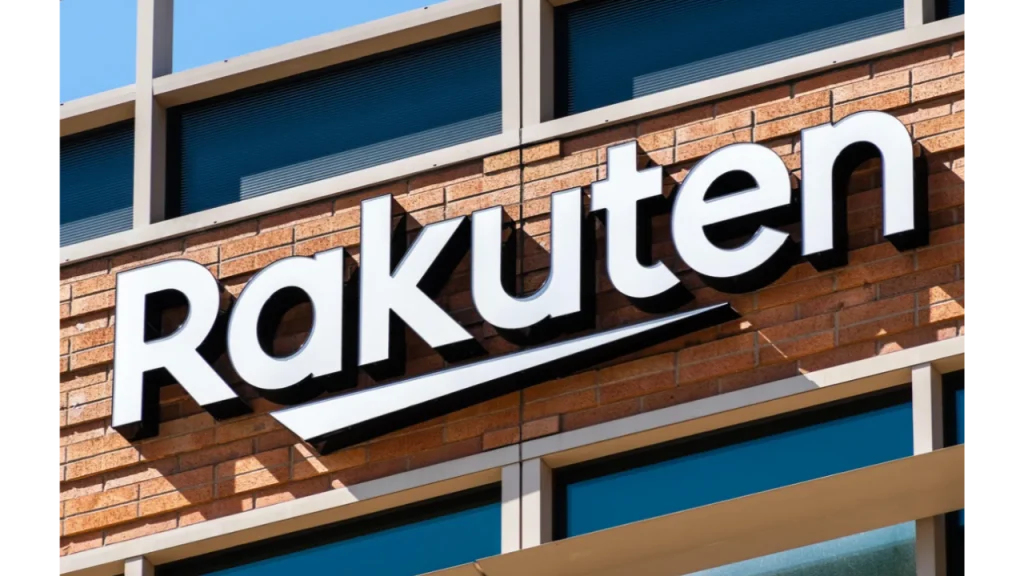- Rakuten Mobile posts its first positive EBITDA in Q2 FY2025, reaching JPY 5.6B with revenue up 18%.
- The milestone signals growing viability of its Open RAN-based network and strengthens its position in Japan’s telecom market.
What happened: Rakuten Mobile posts first positive EBITDA in Japan’s telecom market
Rakuten Mobile has achieved a milestone by reporting positive EBITDA for the first time in Q2 FY2025, marking a significant shift in its financial trajectory. The mobile unit delivered an EBITDA of JPY 5.6 billion (~USD 38 million), up JPY 19.1 billion from the same quarter last year.
This performance accompanied a strong 18 per cent revenue gain for the mobile segment, which reached JPY 112.1 billion (~USD 758 million). The improved margin coincided with nearly 9 million mobile subscriptions and a rise in ARPU, while Rakuten Group reported its first non-GAAP Q2 operating profit since 2019 and record-high consolidated EBITDA.
Also Read: MobiFone, Rakuten partner to launch Vietnam Open RAN trial
Also Read: Zain Kuwait and Rakuten Symphony begin 5G Open RAN pilot
Why it’s important
Rakuten Mobile’s achievement highlights the growing maturity of its cloud-native, Open RAN-based approach to building a mobile network from scratch. It vindicates the disruptive strategy that heavily invested in modern infrastructure, proving that non-traditional operators can edge towards financial viability if they scale user growth and monetise efficiently.
Positive EBITDA not only suggests healthier margins but also strengthens Rakuten’s position as a telecom player capable of contributing meaningfully to the group’s broader ecosystem of e-commerce, fintech, and media services. In Japan’s highly competitive market dominated by incumbents like NTT Docomo, this progress signals that a challenger model can gain real traction.
It sets an example that could inspire rivals to experiment with lean, digital-first operating models and prompt wider adoption of Open RAN and virtualised networks. For the global telecom industry, the milestone reinforces the potential for emerging market operators to leapfrog traditional infrastructure constraints, adopt agile, software-driven systems, and deliver sustainable profitability while enhancing customer experience.

